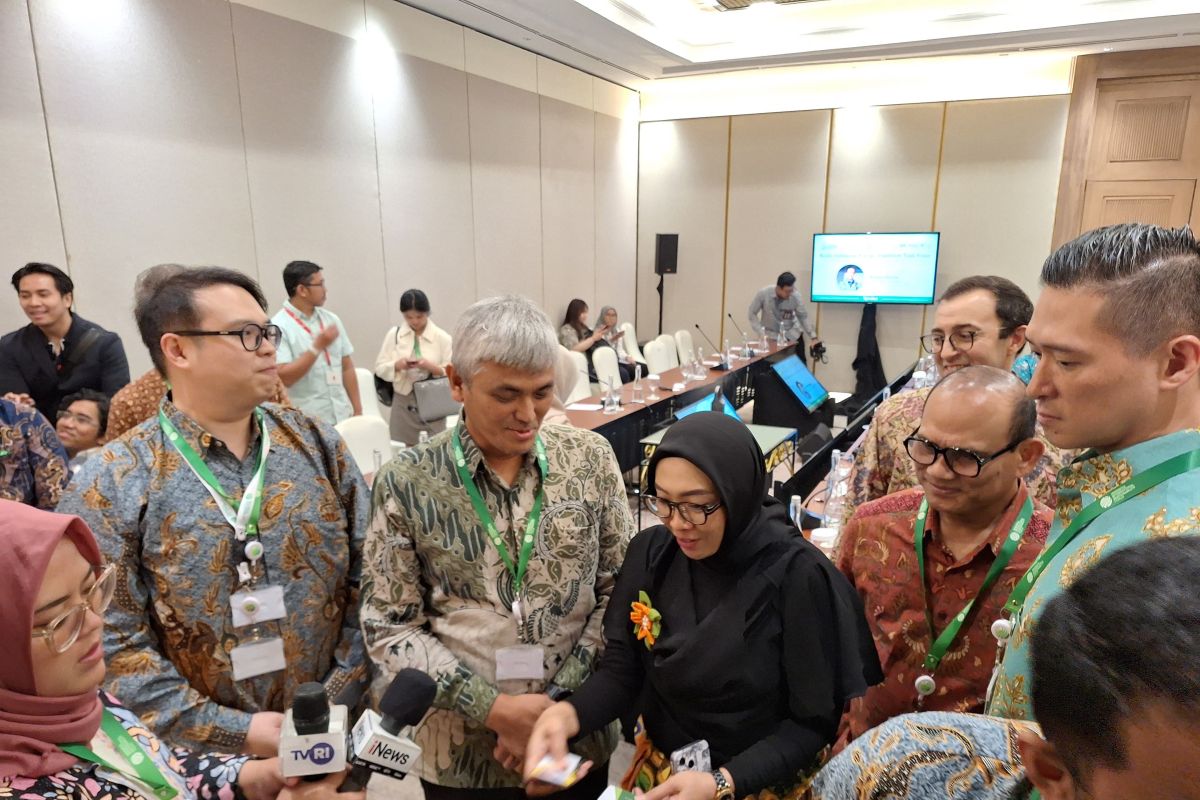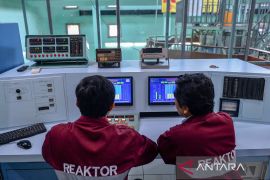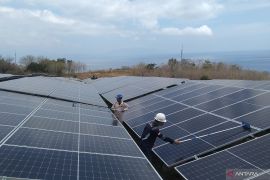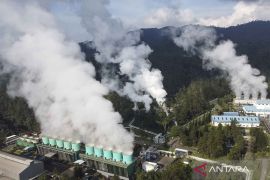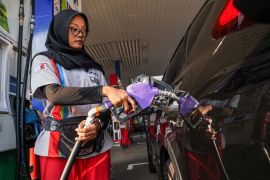"It requires involvement from the private sector, not only the government but the ecosystem must also be built properly. Well, financially, industrial support must also be included," the ministry's Director General of New, Renewable Energy and Energy Conservation Eniya Listiani Dewi said.
Speaking at the Indonesia International Sustainability Forum (IISF) 2024 in Jakarta on Friday (Sept 6), she underscored the need for contribution from the private sector, for example, to cooperate with state-owned electricity company PT PLN to build transmission lines.
"Until 2033, the project will need around US$40 billion, not to mention the power. Hence, to fulfill the target of renewable energy sources, according to the RUPTL (Electricity Supply Business Plan), it will need another US$80 billion until 2033," she remarked.
Considering the need for financing of such high value, the role of the domestic industry was also deemed necessary.
In addition to financial support, Dewi accentuated the need for synergy with the local industry.
Related news: Indonesia formulating regulations on carbon tax policy: Minister
She emphasized the importance of foreign investment continuing to support the use of domestic products while remaining in line with the Domestic Component Level (TKDN) regulations.
She highlighted that the Ministry of Energy and Mineral Resources, in cooperation with the Ministry of Industry, was currently formulating an industrial roadmap that would serve as a guide for the involvement of the industrial sector in supporting energy transition in Indonesia.
"Well, this is being discussed with the Ministry of Industry. We want to detail what direction the industry will take. Hence, the role of the industry and the private sector is very important to be able to help the government," Dewi stated.
On the same occasion, Deputy for Facilities and Infrastructure of the National Development Planning Ministry Ervan Maksum emphasized the importance of the ecosystem, including the infrastructure, to support the progress in energy transition.
Collaboration between the government and industry was also expected to accelerate the achievement of the net zero emissions target while continuing to boost national economic growth through the development of new and renewable energy, he stated.
"Hence, we are also looking at several other infrastructures. We cannot build more than two thousand toll roads without creating a good ecosystem," Maksum noted.
Related news: Indonesia needs energy transition in almost all sectors: Ministry
Translator: Bayu Saputra, Yashinta Difa
Editor: Rahmad Nasution
Copyright © ANTARA 2024
